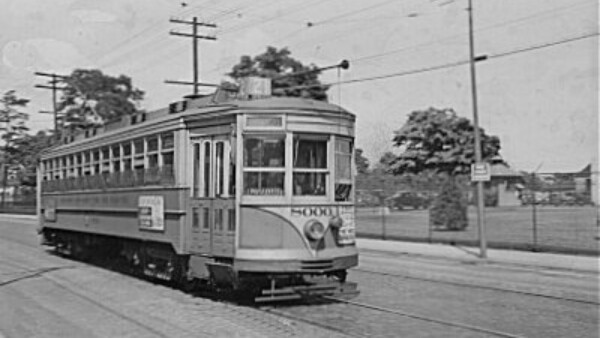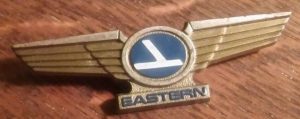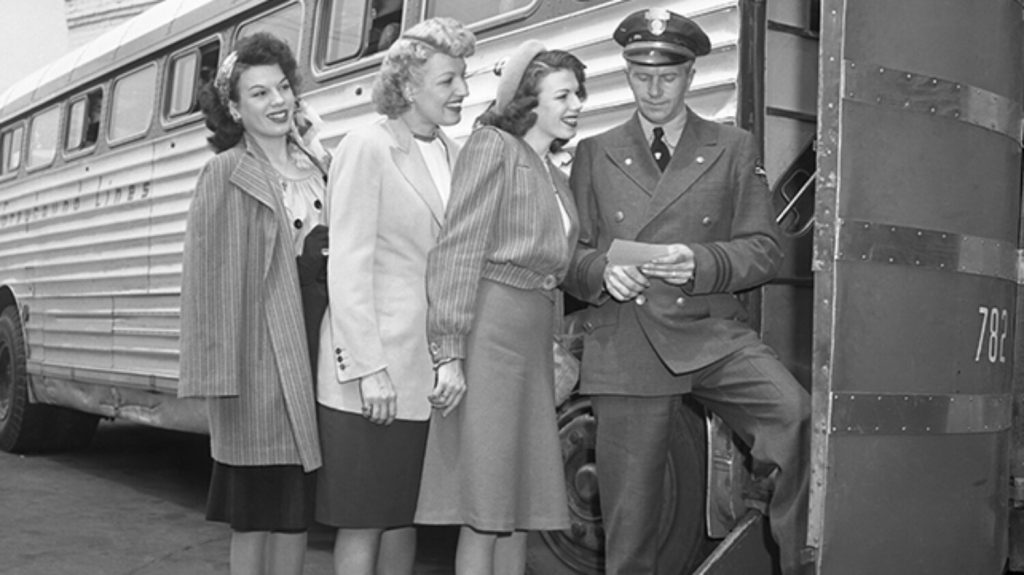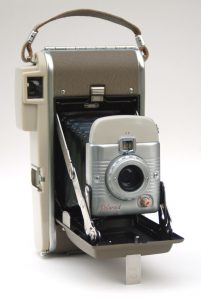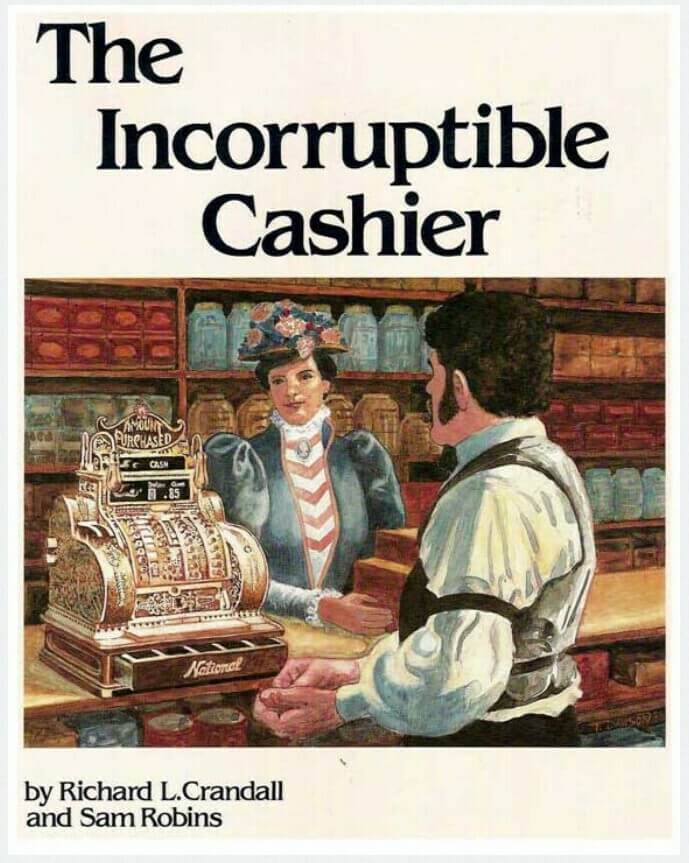thief THēf/ noun- a person who steals another person’s property, especially by stealth and without using force or violence. – lexico.com
When I was in high school, I worked part time at the Kingsway supermarket in East Orange. I learned the shelf-stocking and floor-sweeping ropes from Pete, a crazy and charismatic kid who was two years older than me and working full time. Pete belonged to a Newark gang called the Roman Dukes. By legend, the Dukes were armed, and had discouraged an enemy gang incursion into downtown Newark by throwing its members off the balcony of the Empire Burlesque. Pete held some sort of leadership role in the Dukes .
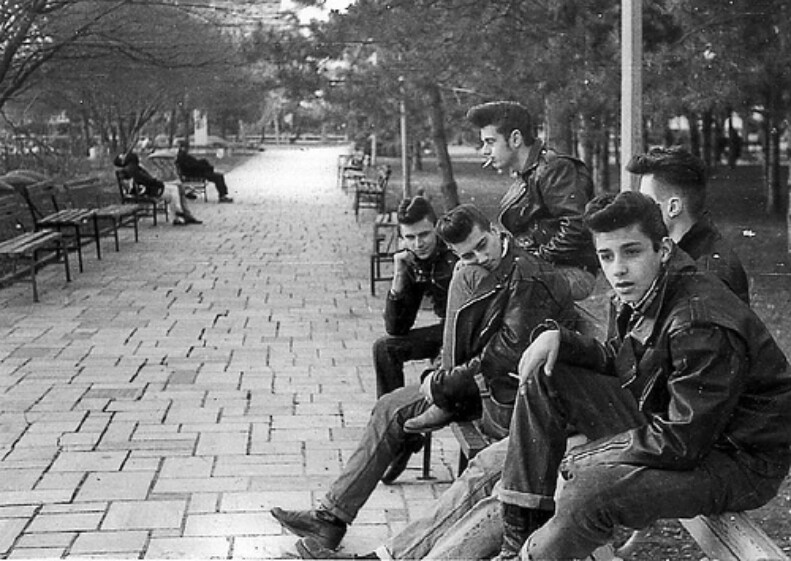
Pete was a prolific thief. He would never buy anything he could steal, and anything he stole but couldn’t use, he sold. It was scary to watch him operate, but, having grown up in North Jersey, I knew and respected the principle of omerta. Pete liked me, and we got along.
Each morning, Pete backed his car into the parking spot immediately below the window of the second-floor employees’ lounge, and each evening he lifted one corner of that window’s screen and pushed out five or six cartons of cigarettes that he had smuggled away from the checkout stands by mixing them in with the trash. They landed right behind his rear bumper.
Pete got promoted to receiver and checker-in of all arriving grocery trailers, a position of responsibility that multiplied the opportunities for theft several fold. Pete’s new approach was to unstaple the multi-page invoice, remove the next-to-last page, and steal every item on it. Since the last few pages always included some carton cigarettes, this was much more productive than pushing them through the screen. When the department manager in charge of cigarettes, razor blades, candy and other things favored for employee theft later moved them into their double-locked storage cage, every item on the re-stapled invoice was present and accounted for.
One Sunday, the usual bunch was hanging around outside Vince’s store when Pete happened to drive by with some of his Roman Duke cohort. So, here we are, standing around in our All-American “Lakeside A.C.” jackets in the orange-and-black high school colors, and holy shit, here’s a carload of leather-jacketed Roman Dukes pulling over on the wrong side of the street right in front of us, Pete driving. Although our numbers were greater, we felt suddenly surrounded.
I was the only one there who had ever seen any of these Dukes, or for that matter ANY Duke, before, and there was great anxiety among us. When Pete greeted me with “Hey Paulie, is this where you hang out?”, we relaxed a bit, knowing that we weren’t going to take an immediate beating. We stood and exchanged cautious small talk with the smiling Dukes, all the while remaining alert in case they should change their minds, or Pete give them some sort of signal – not that he would with his friend from work there, but my bunch didn’t know that. After a while, Pete asked if we’d care for some beer. All we really wanted was to be left alone, but we each chipped in the two dollars suggested by Pete to pay for our order. The Dukes drove off, returning with a case of quarts. After we’d all had our fill, the Dukes drove off again, taking the empties and the remaining beer with them. We wondered how they had found a liquor store open on Sunday, but guessed the rules were different in Newark.
The next day’s Star Ledger helped us understand. East Orange police checking out a Sunday burglar alarm had found a Park Avenue liquor store’s back door kicked in and a case of beer missing. Later that day, the door was kicked in a second time and the empties returned.
Supermarkets were not open on Sunday then, so even the lowliest of clerks had the day off. One day the manager at Kingsway called all the part-timers together and told us to come in that Sunday; we would be cleaning the store. Reading our expressions, he added, “If you don’t come in Sunday, don’t come in Monday.”
I didn’t come in on either of those days. I was now seventeen and had my own car. I could work anywhere.

